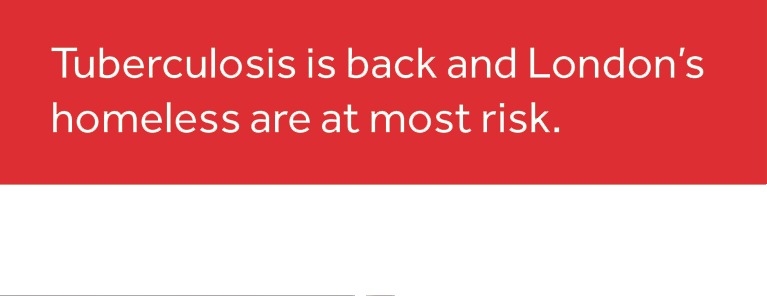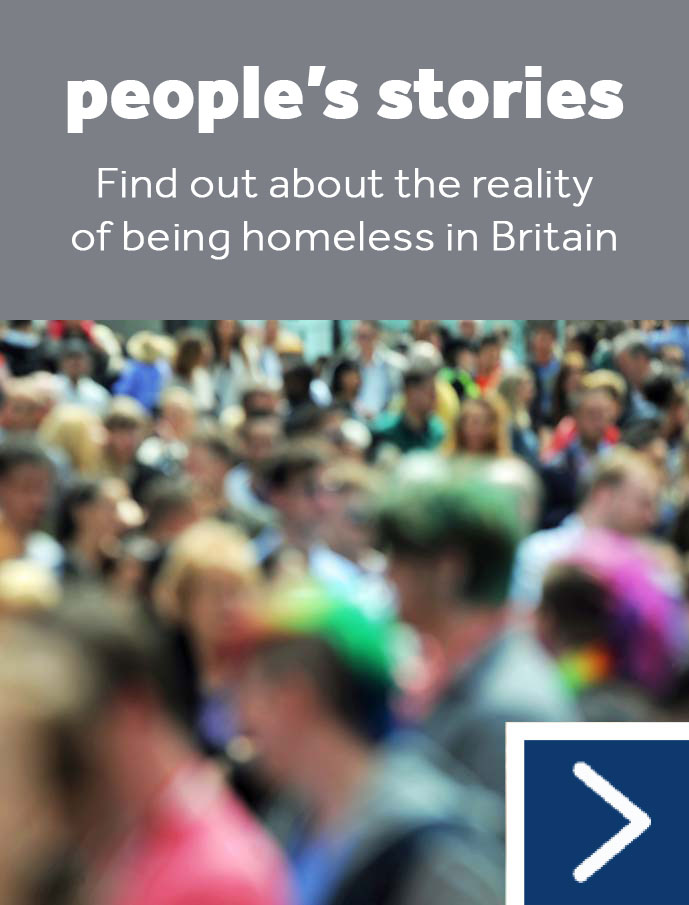Transitional Care Unit
for TB sufferers and other infectious diseases
Tuberculosis (TB) is a serious and infectious disease associated with poverty and therefore prevalent amongst homeless people and rough sleepers.
The service at Olallo House provides care and support for rough sleepers suffering from TB and other infectious diseases. People are treated for their illness within a safe, comfortable environment where they are supported to complete their treatment regime following discharge from hospital.
This service also helps people to address other issues such as long-term drug and alcohol problems, and engage in the labour market and live independently.
Homelessness and TB
Rates of TB are highest among people with social risk factors including homelessness, and especially among rough sleepers. Homeless patients are more likely to have drug resistant forms of TB and have a greater public health impact as they are more likely to be infectious and less likely to complete TB treatment.
Homeless people may think the symptoms of TB are simply the impact of their lifestyle on their health, so can delay seeking help. They may also be less able to access healthcare, perhaps through fear of authority figures or because their chaotic lifestyles prevent them from attending appointments.
What is Tuberculosis?
TB is an air bourne infectious desease, spread through inhaling tiny droplets from the coughs or sneezes of an infected person. It is a serious condition, but can be cured with proper treatment. Standard TB treatment lasts a minimum of 6 months and for multi-resistant TB, treatment takes a minimum of 2 years.
TB mainly affects the lungs. However, it can affect any part of the body, including the glands, bones and nervous system.










